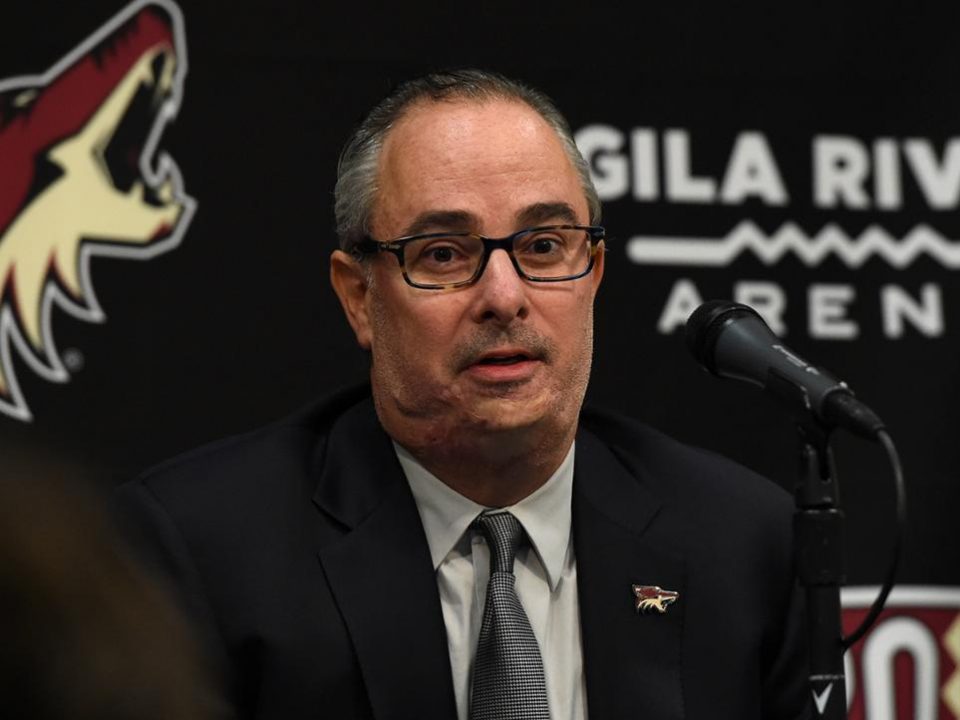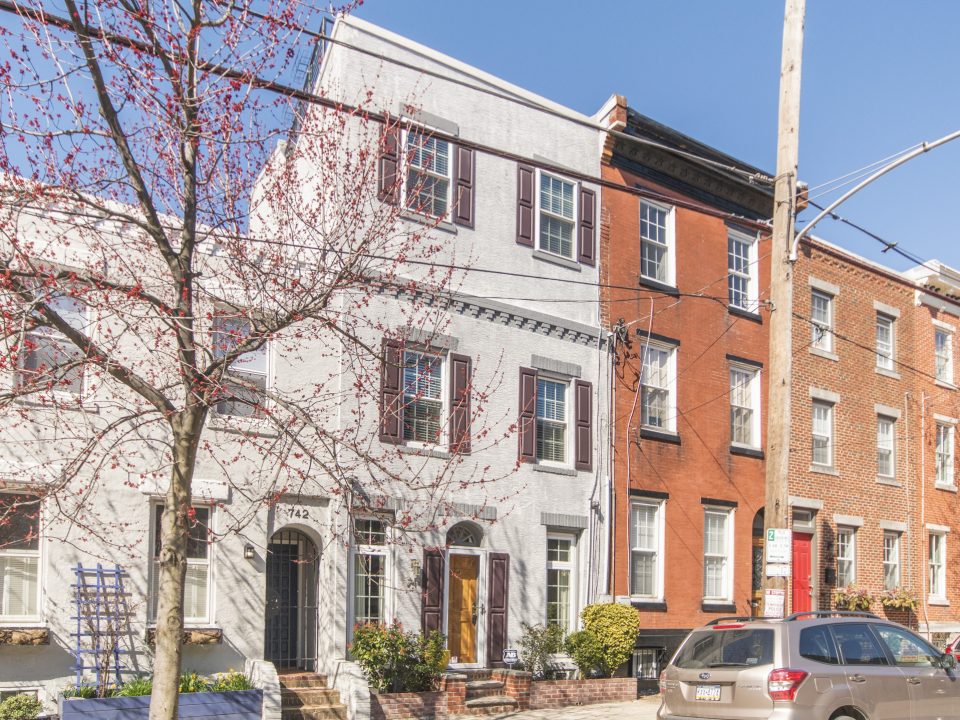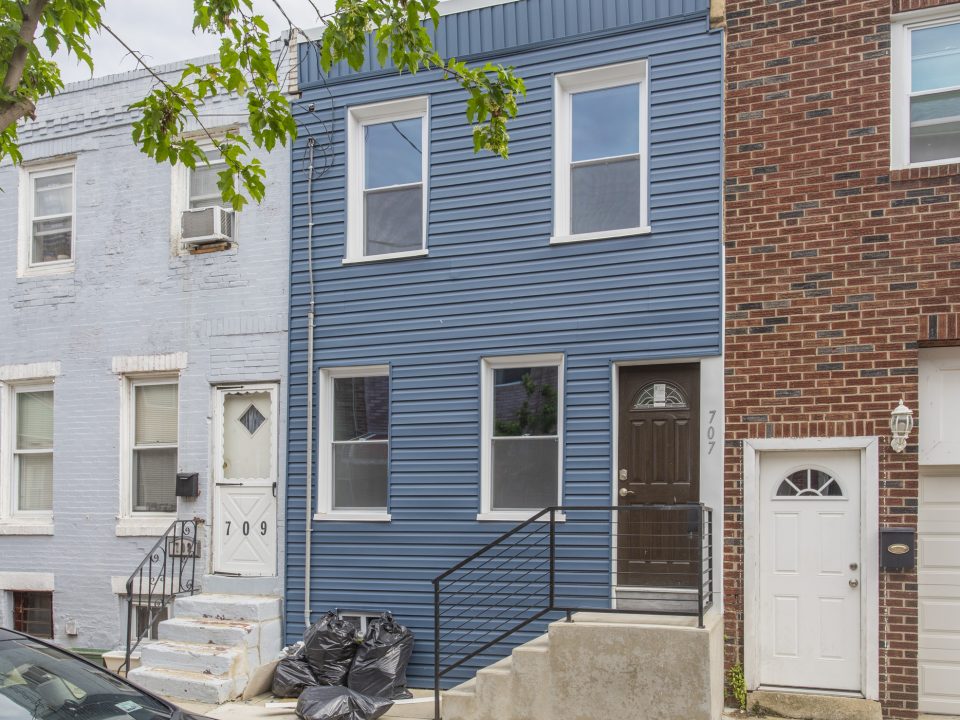Continued from part one here
Thoughts from the community
The process isn’t without speedbumps, however. There are possible changes that could stir drama in the community, says Danielle Floyd, the district’s chief operating officer. Families who have spent big money to live in gentrifying neighborhoods with the promise of top “catchment areas” could lose that cachet, and it doesn’t take a consulting firm to figure out that such a situation would be messy. Floyd swears that the process will be a collaboration between the district and the community at large, however. She says that she understands the unease, but assures parents that their school will be part of the conversation, and that the fact should ease their minds.
Floyd was cagey on the hot question of whether neighborhood schools would be closing, however. This is a fear in many residents’ minds, ever since the Boston study recommended school closings and the community started freaking out. Floyd said that the district would be closely considering the data generated by the study, and that she “wouldn’t want to presume any kind of decision one way or another.”
Shawn Bird, the district’s chief schools officer, told residents not to discount other productive options. He mentioned building new structures, renovations, and capital improvements as options that were all on the table. One thing is for sure – no matter what combinations of options the district chooses, it’s going to need a lot of money to make them happen. It had been previously announced prior to this new initiative that it would take a sum of around $5 billion to fix or replace all of the decrepit, aging buildings in Philadelphia’s school system.
The promise of transparency
One thing is certain in the current sea of confusion, paranoia, and questions: this process will be transparent for the sake of the public and their right to knowledge. The studies undertaken by the Boston Consulting Group were roundly criticized as secretive, cryptic, and intentionally designed to keep the public out of the discourse. Floyd assured the Inquirer that the district had no preconceived notions of how this study could or would go, and that, at every step, data will be documented publicly to keep district families in the loop. For each group of nearby neighborhood schools, or “study area,” a coalition composed of district staff, assistant superintendents, principals, two parents per school, city officials, and elected officials will form planning committees. Based on the data from the report, each planning committee will ultimately make agreeable recommendations to the superintendent, who will in turn present the proposals before the school board. At all stages, the thoughts of the community will be kept in mind.
Meanwhile, in other Philadelphia school milestones, the district is constructing a new K-8 school on Ryan Avenue, where Meehan Middle School formerly sat. The new school, located near Lincoln High, will create shifts at other nearby schools. The Ryan Avenue school, which has not yet been christened, will open for students in fall of 2021. The process of planning and building the school was the fruit of a collaboration between the district and the community, says Floyd.
From the Inquirer:
The district will formally begin its Comprehensive School Planning Review by releasing a request for proposals and forming a planning committee this month. The school board will vote to authorize the project at its June meeting, and community outreach and analysis will begin in July. The first set of recommendations are expected in May 2020.
Surely all eyes will be on the Philadelphia School District as they begin what will very likely turn out to be the most ambitious undertaking of its existence. This promises to be a huge step in the rehabilitation of Philly’s dinged reputation as a city with a very irregular school system, and ultimately could bring home accolades to the city as a whole. If Philly schools become boast-worthy, the city has nowhere to go but up, and will only become more desirable than it already is and has been growing towards in recent years. Right now, Philadelphia is a city that is doing nothing but growing in national attention. With positive changes at the school level, the city could gain a leg up on its other East Coast city competitors.




